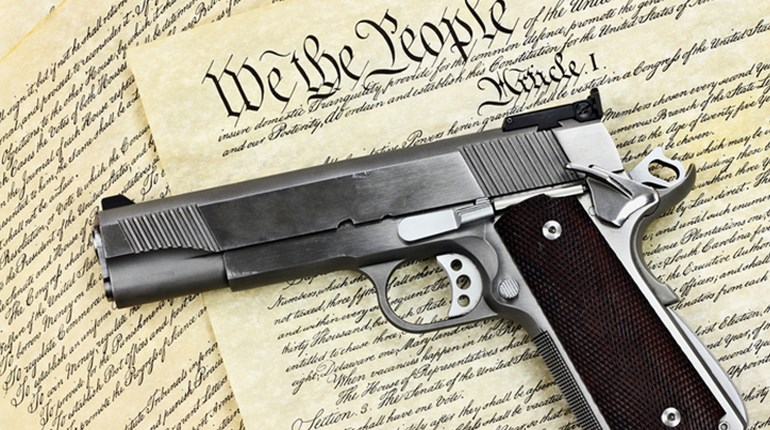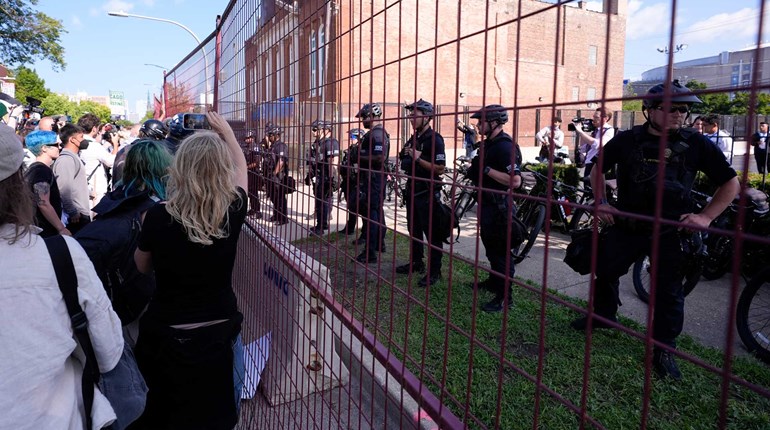
Chicago experienced fewer homicides and fewer shootings in 2018 than in 2017, marking the second consecutive decrease. The city has long been held up as proof that gun control doesn’t work. Do two years of declining murder rates indicate that gun control has finally worked?
According to an interview in the anti-gun “news” outlet thetrace.com, the answer is no. The Trace interviewed a research director from the Chicago Crime Lab. As the research director acknowledged, crime is “very, very localized, even to certain blocks in certain neighborhoods.” Chicago’s recent strategy was to change the policing and management practices in its police districts. Twenty of the 22 police districts are now home to Strategic Decision Support Centers, which put crime analysts and police officers in the same room to address problems close to the source.
There were also about 28 percent fewer non-fatal shootings than in 2017. New Orleans hasn’t enacted any so-called “gun control” measures.
New Orleans is another 2018 success story, having reached a 47-year low in the number of homicides. There were also about 28 percent fewer non-fatal shootings than in 2017. New Orleans hasn’t enacted any so-called “gun control” measures. The city owes this success to police work. From The New Orleans Advocate:
“New Orleans Police Superintendent Michael Harrison has said none of that is by accident. He said he tasked a specialized team of tactical officers and detectives with removing repeat violent offenders from the streets over the past two years, no matter how long the cases took to build, and they’ve delivered results.”
Chicago and New Orleans show that solid police work makes a difference. Community-based efforts, like Operation Ceasefire and others like it, operate as partnerships between law enforcement and community leaders. These programs work to alleviate violence by focusing on those likely to engage in it in the neighborhoods most prone to violence, working to defuse conflict and building a culture that rejects violence.
New York Gov. Andrew Cuomo recently announced the state will spend more than $3.1 million funding a street outreach program to “curb gun violence and save lives by intervening in the aftermath of shootings to prevent retaliation, working with high-risk youth to connect them to services and programs, and other community engagement initiatives.” From National Network for Safe Communities Director David Kennedy’s quote in the press release:
“The developing science of violence prevention shows very clearly that focused attention to the very small number of high-risk groups and individuals at high risk for serious violence can be very effective.”
The common thread between the heads-up police work in Chicago and New Orleans and the community-intervention models in New York and elsewhere is that they are law enforcement solutions focused on criminals, not on law-abiding gun owners.


































